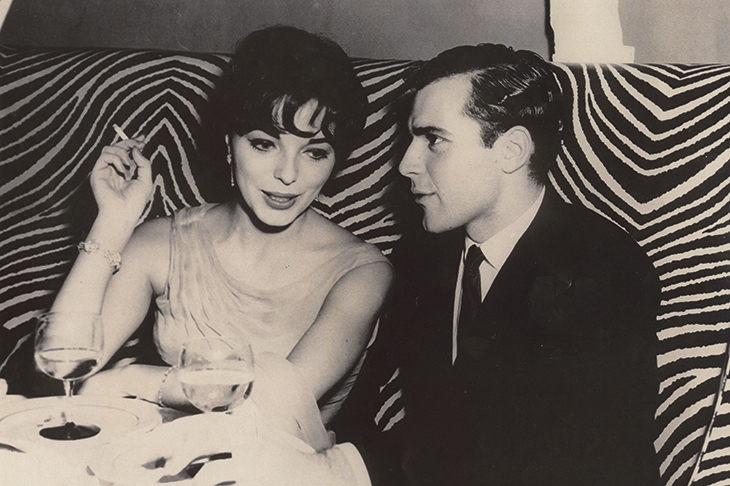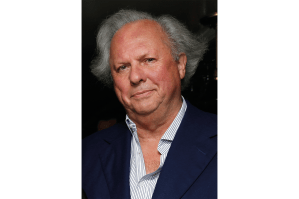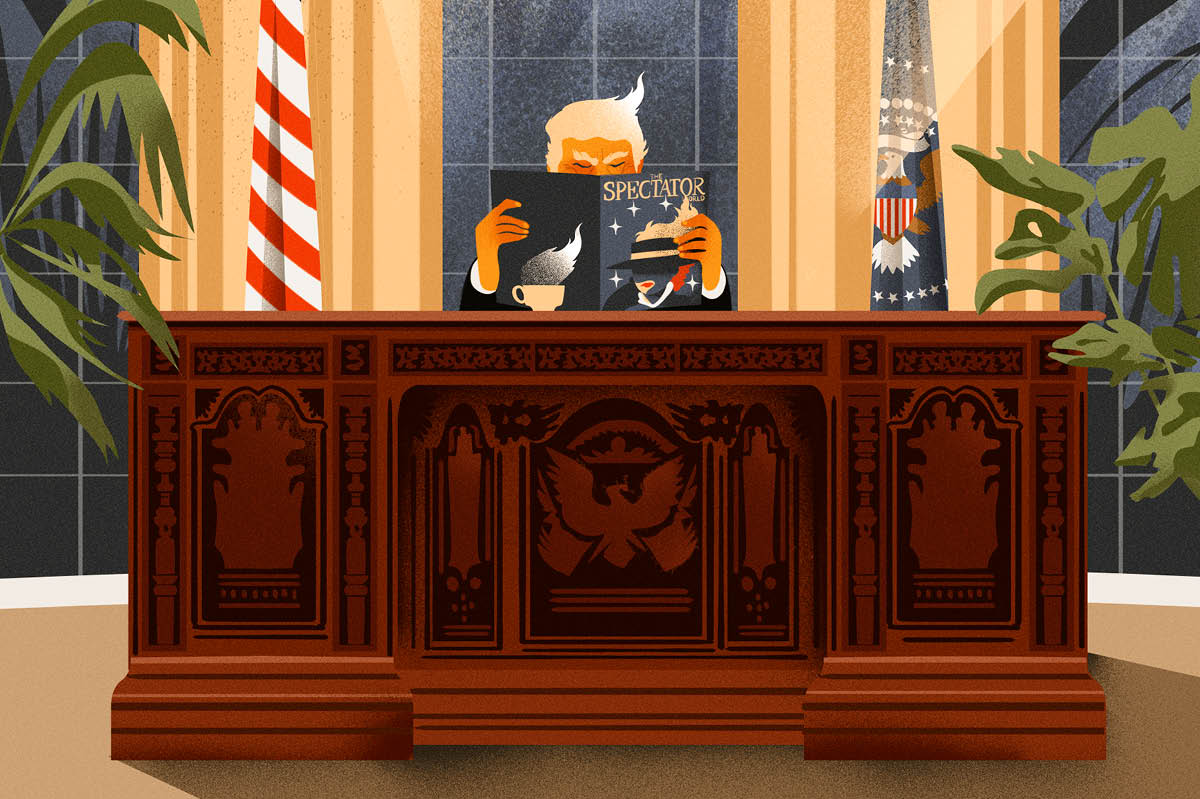As Cole Porter might have said, only second-rate people go on and on about their inner lives. Self-analysis, according to Cole, is the twin of self-promotion. Yet in this 10,000th issue of the world’s oldest and best weekly, and in my 43rd year of writing High Life, I have to admit to a bit of both of the above. So before any of you retreat into laptops and mobiles, some nostalgia is called for, starting in the spring of 1977.
Many of the writers back then sent in their longhand-written copy via messenger, paid for by The Spectator. I used to type mine and slip it under the door at Doughty Street before heading for Berkeley Square and Aspinall’s. My first editor, Alexander Chancellor, had assigned me the column on the advice of Simon Courtauld, the deputy editor and a social friend of mine. This was after an essay I had written on how to recognize an Englishman abroad: he carried a flashlight and inspected his bill in dark French nightclubs, infuriating the waiters.
The first thing I noticed at The Spectator was that — unlike in Athens and New York — contributors did not measure their worth and self-esteem according to how friendly they were with the owner and editor. Irreverence reigned supreme. People also spent more time in the pub across the street than they did hunched over their desks. As Clay Felker, the famous American editor, said to me when he was over on a visit: ‘How in hell do they come up with it week after week? They’re always in the pub or having lunch upstairs.’
The great enemy of all philosophical thought is said to be certainty. We humans equip ourselves with symbols that help us to make sense of our existence. Well, there was no certainty in my case; I never understood what made succeeding Spectator editors retain my column. This is not fake humility — far from it. It is the unvarnished truth. Throughout all these years I have always felt that I was getting away with something I did not deserve. Until I joined The Spectator, I had lived the most undisciplined of lives. Sure, I had made a name for myself competing for my country in numerous sports. But my true accomplishments were chasing women, spending time in nightclubs, and raising hell in a dinner jacket. Two wars in the Middle East and two trips to Vietnam were brief interludes in a playboy life. But then came the weekly column that anchored my life and went as far as to give me a purpose. High Life became the center of my existence.
I know, I know, I am starting to sound like those women who win awards in Hollywood and weep on stage and thank their single mothers for struggling to bring them up and raise them to be strong enough to appreciate ‘my skin, my hair and my body’. (I borrowed that phrase from one of this year’s winners.) The beauty of landing the column was that it could not have come at a better time. The tennis was kaput: the pros were taking over and the circuit was not what it used to be — a handful of summers, to quote the great book by Gordon Forbes. I had just met the woman I was to marry and have children with, so those two events combined to turn me from an immature adolescent into some kind of man. The fear of old ghosts drove me towards an ironclad ritual of never missing a column. (Only one miss in 43 years — except for a leave of absence of 10 weeks as Her Majesty’s guest — when a piece was spiked by an assistant editor fearing I had libeled Jeffrey Epstein.)
Writing was a cinch back then. Culture didn’t put a premium on grievance, oppression and victimhood. Speccie editors gave free rein to the columnists, and the inevitable libel writs followed Javert-like. Still, The Spectator went from strength to strength, finally turning the corner into profitability just before the turn of the century. My High Life column led to other goodies too, but there I go again, sounding like a craven sycophant. American publications such as Esquire and Vanity Fair hired me, as did Rupert Murdoch’s Sunday Times of London and New York Post. ‘Write the way you do for The Spectator,’ said Rupert. But the audience was different. Speccie readers are sophisticated and have a sense of humor. Vanity Fair and magazines like it appeal mostly to braindead dollies who don’t know the difference between Rimbaud and Rambo. Five years was the limit I spent writing for those other than the Speccie.
So, for this special issue I think back and thank ladies Jenny, Gina, Liz and Lucy, who have edited this column, and my seven editors, Alexander, Charles, Dominic, Frank, Boris, Matthew and Fraser. And, of course, owner bosses such as Henry, Algy, Conrad, Frederick and David, who have fearlessly put up with a constant threat of libel for things I have written.
Having spent more than half my lifetime writing for The Spectator, I realize that my character has been changed somewhat by the experience. Members of my family said that it was an improvement. In any case, it has made sense of my existence, in the manner of philosophy or religion. Oh yes, and I almost forgot. Writing for the Speccie has made me a very, very happy poor little Greek boy.
This article was originally published in
The Spectator’s 10,000th UK magazine. Subscribe to the US edition here.

























